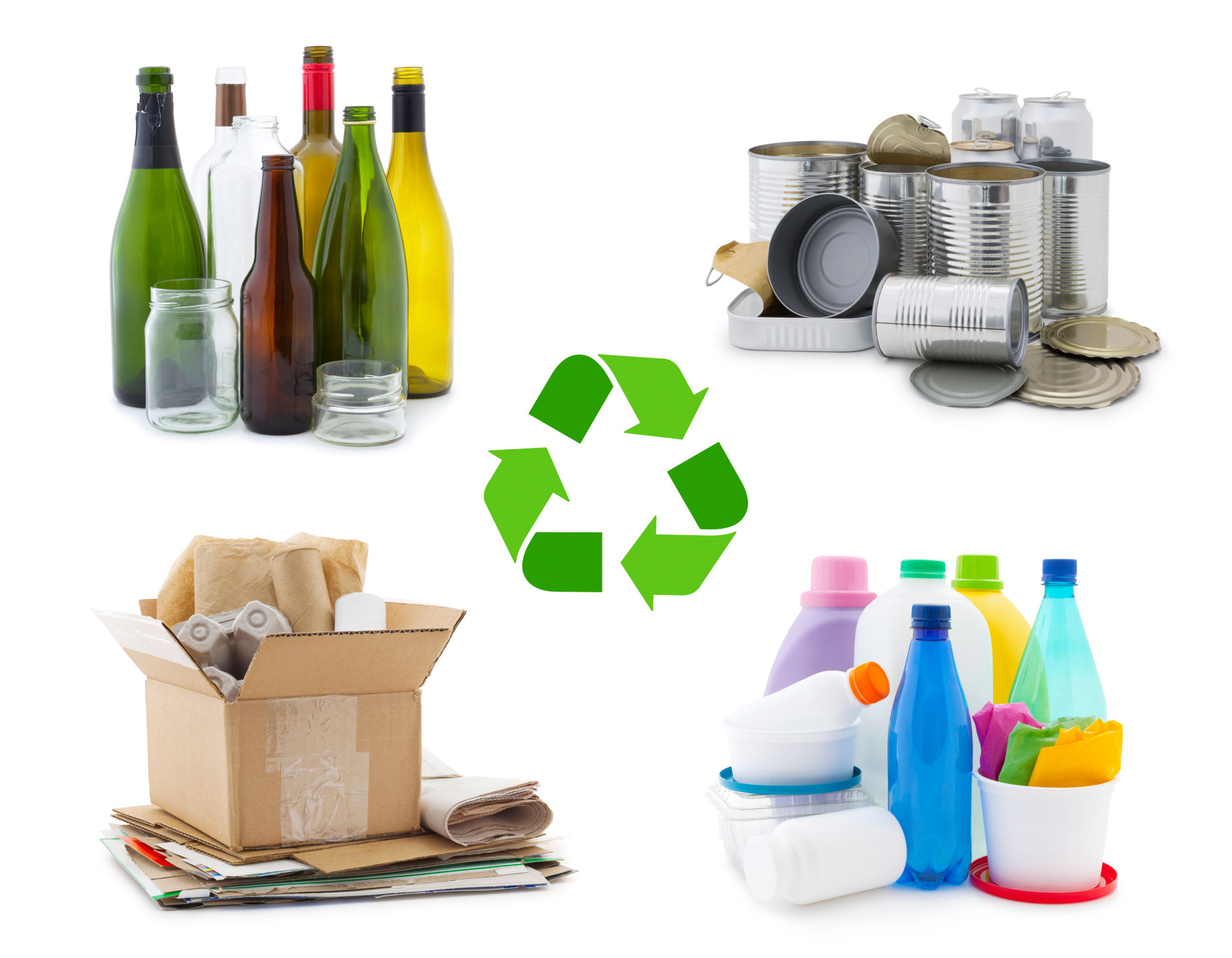Expert Tips on Safe Waste Transport and Disposal in the Philippines
Understanding the Importance of Proper Waste Management
Proper waste management is crucial in maintaining a healthy environment and ensuring public safety. In the Philippines, waste transport and disposal are governed by strict regulations to protect both people and ecosystems. By following best practices, businesses and individuals can contribute to a sustainable future while adhering to legal requirements.

Regulations Governing Waste Transport
The Department of Environment and Natural Resources (DENR) oversees waste management regulations in the Philippines. Compliance with these regulations is essential for any entity involved in waste transport. The key is to ensure that waste is handled and transported by accredited service providers who are knowledgeable about safety protocols and environmental standards.
It’s important to obtain necessary permits and licenses before engaging in waste transport. This not only ensures legal compliance but also guarantees that waste is managed safely from its point of origin to the disposal site.
Choosing the Right Waste Disposal Method
Selecting an appropriate waste disposal method is vital for minimizing environmental impact. Common disposal options include landfills, incineration, recycling, and composting. Each method has its advantages depending on the type of waste being handled.

Segregation at the Source
Effective waste management begins with segregation at the source. By categorizing waste into biodegradable, non-biodegradable, and hazardous categories, businesses can streamline the disposal process and enhance recycling efforts. Segregation not only simplifies disposal but also reduces costs associated with waste management.
Implementing a robust segregation system within your organization can significantly reduce the volume of waste sent to landfills, thereby lessening your environmental footprint.
Utilizing Accredited Waste Management Partners
Partnering with accredited waste management companies ensures compliance with regulations and promotes safe disposal practices. These companies are equipped with the expertise and resources needed to handle various types of waste responsibly.

Training and Awareness
Raising awareness about safe waste transport and disposal within your organization is critical. Conducting regular training sessions for employees on proper waste handling procedures can prevent accidents and improve overall safety. Training should cover topics such as emergency response, spill management, and personal protective equipment (PPE) usage.
Investing in employee education not only enhances workplace safety but also fosters a culture of environmental responsibility.
Monitoring and Continuous Improvement
Regular monitoring of waste management practices is essential for identifying areas for improvement. Implementing a feedback loop allows businesses to refine their processes continually and adapt to changing regulations or industry standards.
By keeping abreast of new technologies and methodologies, companies can improve their waste management strategies, contributing positively to the environment and ensuring public safety.
